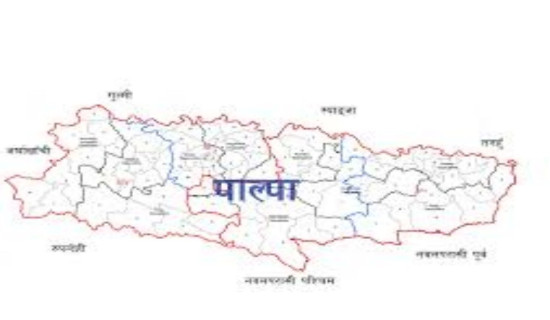- Thursday, 29 January 2026
Check Wealth Inequality
According to anthropology which is the study of human beings and their societies, the first communities in the human world were in the form of hunter and gatherer. Hunters and gatherers were nomadic people who survived in the wilderness by hunting, foraging and gathering food. With the advent of agriculture, slowly human civilisation turned from hunter-gatherers to sedentary communities that depended on agriculture for survival. Since then, human societies have divided themselves among nations in a world driven by modern scientific revolutions. Societies may have changed their mode of living but one thing that persists from ancient to modern societies is the division of labour.
It means that work is demarcated and distributed among the masses according to the individual’s qualifications, status, and even opportunities. Due to differences like work, income distribution too varies resulting in discrepancies. High-paying jobs lie in tech industries, health care, management, business, entrepreneurship and so on. Most of these jobs require intensive education and training while some additionally require talent and skill. The latter applies to a creative field of work where the individual’s talent, artistry and imagination matter greatly.
In a world where people have to be financially secure to enjoy a well-to-do lifestyle, a steady source of income is necessary. However, the world is run by the whims of the job market, capital and funds. Particularly, the few ultra-wealthy determine the course of the world whose influence extends beyond nations and territories. It is seen in the tech industry where the yearly revenue is in trillions of dollars. For example, today there are five global tech giants which are Apple, Alphabet, Microsoft, Amazon and Meta. Together they exert a powerful influence in the world by creating jobs, influencing politics, changing business dynamics and even impacting media and dissemination of information.
Robust employment provides a secure source of income at a time when inflation tends to hit many nations. In addition to economic stability, employment also provides an outlet of passion to people who want to make a difference. Steady income generates free time as well to indulge in creative pursuits and also to spend quality time with loved ones. It means one doesn’t have to live paycheck to paycheck. Instead, with economic security one can exercise one’s passion, pursue higher education and training, travel extensively, and manage one’s life around creative, innovative and meaningful pursuits.
At a precarious age, rife with conflicts, wars, civil unrest and political instability, the unequal distribution of wealth and income has led to widespread poverty. Over 700 million people were living below the poverty line in 2024 and the number is likely to have increased in 2025. Given the importance of financial security, it is deplorable that opportunity for work and employment is limited, particularly in poor, underdeveloped nations.
As seen in Nepal, the youths take flight to foreign shores in search of education and employment. The driving factor in brain drain is the lack of economic and educational opportunities. And in Nepal, there is certainly a dearth of quality education with an inadequate employment sector that is rife with nepotism, favouritism and corruption. It certainly paints a bleak future when it comes to wealth inequality among the growing population of its youths.
















